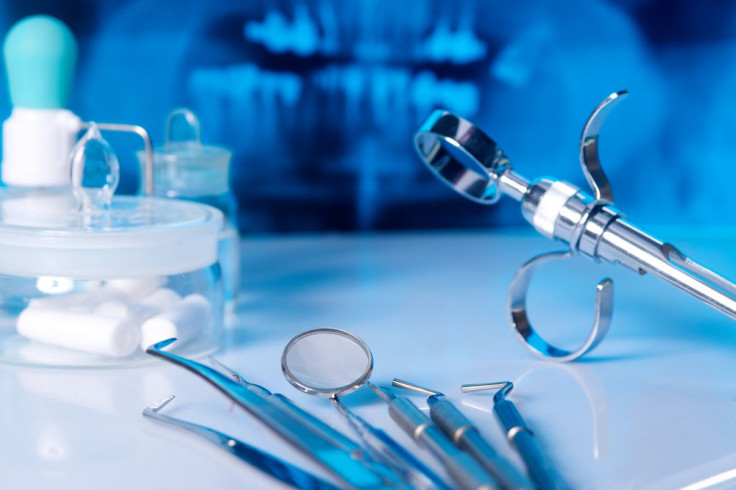Man Develops Anterograde Amnesia After Dental Appointment Impairs Long-Term Memory

Most of us dread sitting in the dentist chair, being asked to open wide to show our teeth. A British soldier stationed in Germany in 2005 did not know his last long-term memory would be of getting into the dentist chair and being administered a local anesthetic. Ten years later, the man referred to as “William” by the BBC, still believes it’s the morning of March 2005 and he’s getting ready to head to the dentist for a root canal.
“I remember getting into the chair and the dentist inserting the local anesthetic,” William told the BBC. This is the last thing he remembers since his dental appointment, as he is unable to remember anything longer than 90 minutes. The veteran can still recall the first time he met the Duke of York for a briefing at the Ministry of Defense, but he can’t remember where he’s living now.
Doctors believe William is suffering from a type of memory loss known as anterograde amnesia, in which the person has difficulty making new memories and absorbing new information. Typically, patients with anterograde amnesia have suffered actual structural damage to their brain, specifically the hippocampus. This impairs their ability to process new sensory information into long-term memories.
Anterograde amnesia occurring right after a routine medical procedure has left doctors wondering what possibly happened to William. They are unsure whether the procedure actually contributed to his amnesia. "We had never seen anything like this before in our assessment clinics, and we do not know what to make of it," said Gerald H. Burgess of the department of clinical psychology at the University of Leicester in the UK, describing the case report published in the journal Neurocase.
William was described as “vacant” and “with slow speech” in the case report. His dentist suggests he might have fainted during the procedure, since his blood pressure was reduced, so he was given glucose tablets and high-flow oxygen. William’s level of consciousness was also obscured at the time, since he was wearing tinted glasses to protect his eyes during the root canal.
The patient’s symptoms could not be explained by his medical history. There were no structural brain changes or any psychological explanations. At first, the doctors postulated the condition may have been triggered by the stress related to the funeral of his grandfather he attended a few days ago before the procedure. It’s also speculated the onset of symptoms began by an unusual reaction to the anesthetic, but this would have resulted in brain damage.
After comparing William’s case to five other cases of mysterious memory loss without brain damage, Burgess suspects it could be genetic. Although none of them occurred during a trip to the dentist, they seem to follow periods of physiological stress during a medical emergency. “It could be a genetic predisposition that needs a catalyst event to start the process,” Burgess said.
Dental health has been linked to memory loss and cognitive function in previous studies. A 2013 study published in the European Journal of Oral Sciences found fewer natural teeth remaining leads to poor performance on memory tests. Although the link isn’t entirely clear, it suggests losing natural teeth may reduce sensory signals the teeth send to the brain, therefore affecting functions like memory. Natural teeth send signals to the brain via the nerve responsible for sensation in the face, and motor functions like biting and chewing.
In William’s case, there is no damage to the brain cells themselves, so doctors suspect he may be missing some wiring around the hippocampus and other parts connected to memory processing. Despite his new long-term memory loss, he is still aware of his identity and his personality has not changed. He keeps an electronic diary with the help of his wife to manage his life.
He may not remember much or that his young children are now young adults, but he does wish to walk them down the aisle someday.
Until then, every day, he will wake up thinking it’s the day of his dental appointment.
Sources: Burgess GH and Chadalavada B. Profound anterograde amnesia following routine anesthetic and dental procedure: a new classification of amnesia characterized by intermediate-to-late-stage consolidation failure? Neurocase. 2015.
Bergdahl J, Bergdahl M, Hansson P et al. Relationship between natural teeth and memory in a healthy elderly population. Eur J Oral Sci. 2013.



























